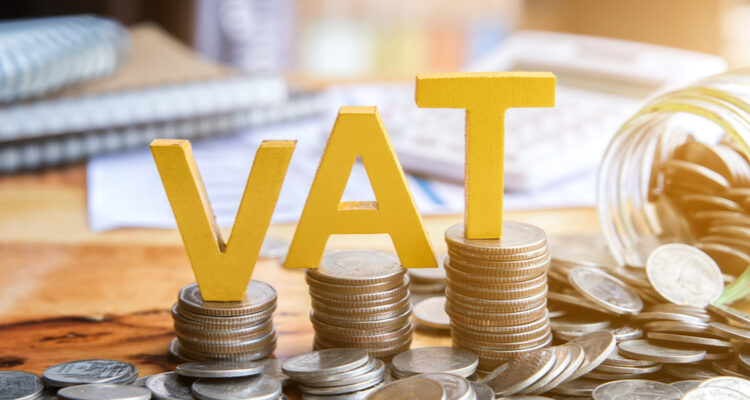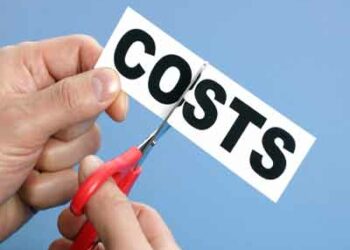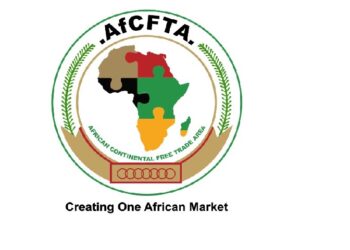Value-added tax (VAT) serves as a crucial component of government revenue in many African economies. Nigeria, one of Africa’s largest economies, currently imposes a VAT rate of 7.5 percent, which, despite a recent increase from 5 per cent in 2020, remains among the lowest in the region. When compared to peer nations, Nigeria’s VAT rate appears strikingly modest, raising the question of whether an upward adjustment is necessary to align with fiscal realities and enhance government revenue.
Across Africa, VAT rates vary widely. Countries such as South Africa and Kenya levy VAT at 15 per cent and 16 percent, respectively, while Ghana and Egypt maintain rates of 12.5 per cent and 14 per cent. Even smaller economies like Uganda and Rwanda impose VAT at 18 per cent. These rates underscore a regional trend where higher VAT serves as a major revenue stream, helping governments fund public services and infrastructure development. Nigeria’s 7.5 per cent VAT, in contrast, appears relatively low, potentially limiting the government’s ability to finance critical economic and social projects.
One argument in favour of maintaining Nigeria’s relatively low VAT rate is the country’s high poverty rate and low purchasing power. A higher VAT could disproportionately affect low-income citizens, exacerbating economic hardships in a nation where over 40 per cent of the population lives below the poverty line. Critics also point to Nigeria’s historically weak tax administration and widespread noncompliance, arguing that merely increasing VAT might not translate into higher revenues if enforcement mechanisms remain inadequate.
On the other hand, the imperative to reconsider Nigeria’s VAT rate stems from pressing fiscal challenges. The country faces declining oil revenues, mounting public debt, and a growing need for improved infrastructure, healthcare, and education. With VAT being a consumption tax, broadening the rate would provide the government with a more sustainable revenue base, reducing over-reliance on crude oil earnings. Additionally, compared to direct taxes, VAT is generally easier to collect and has the potential to generate significant revenue if properly enforced.
However, any reconsideration of Nigeria’s VAT rate must be approached with caution. Rather than merely increasing the rate, the government should focus on expanding the tax net, enhancing compliance, and curbing tax evasion. The current VAT system, where subnational entities rely on federally collected VAT, has sparked legal disputes and inefficiencies. A reformed VAT structure, with improved revenue allocation and administrative efficiency, could yield better results than a simple rate hike.
As Nigeria grapples with economic realities, its VAT policy remains a pivotal factor in fiscal sustainability. A balanced approach—one that considers economic growth, revenue generation, and social impact—is essential. While a higher VAT rate may be justified by regional comparisons, any adjustment must be accompanied by broader tax reforms to ensure efficiency, fairness, and economic stability.
















